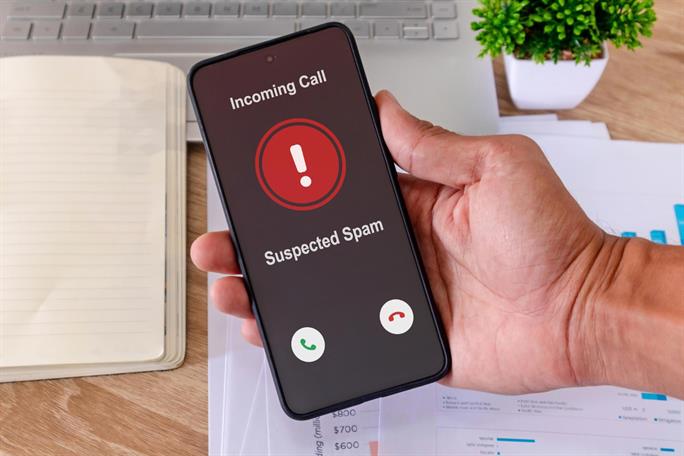August 29, 2025 by Snupit

Snupit, South Africa’s top online marketplace for local services, is asking for help. They want to fix a communication problem that impacts many small businesses and job seekers across the country. The concern: more and more South Africans are choosing not to answer their phones, and it is costing them real opportunities.
Read More ›

Snupit, South Africa’s go-to digital marketplace for local services, is pleased to announce its membership of the Proudly South African campaign. This milestone shows Snupit’s strong dedication to local economic growth. It shows the company’s commitment to creating jobs, helping small businesses, and keeping its income in South Africa.
Read More ›

Amidst South Africa's dynamic service sector, Snupit stands out as a leading online marketplace app, seamlessly linking customers to local service professionals. Collectively, businesses on Snupit have been able to generate over 1 billion rand through the platform, a testament to its effectiveness in driving business growth and sustainability.
Read More ›
February 07, 2023 by Snupit

A renowned online marketplace is marking a huge anniversary this year, having reached its ten-year milestone of helping customers across South Africa find and hire service professionals
Read More ›

A recent study done by Retail Capital, a financial services company, revealed that South Africa’s small businesses are struggling under current economic conditions. The combination of a low-growth economy, increasing operating costs and unreliable utilities is dealing a heavy blow to the SMEs. Snupit, South Africa’s leading online platform for finding local professionals, is proud to play an important role to helps SMEs in such trying times.
Read More ›